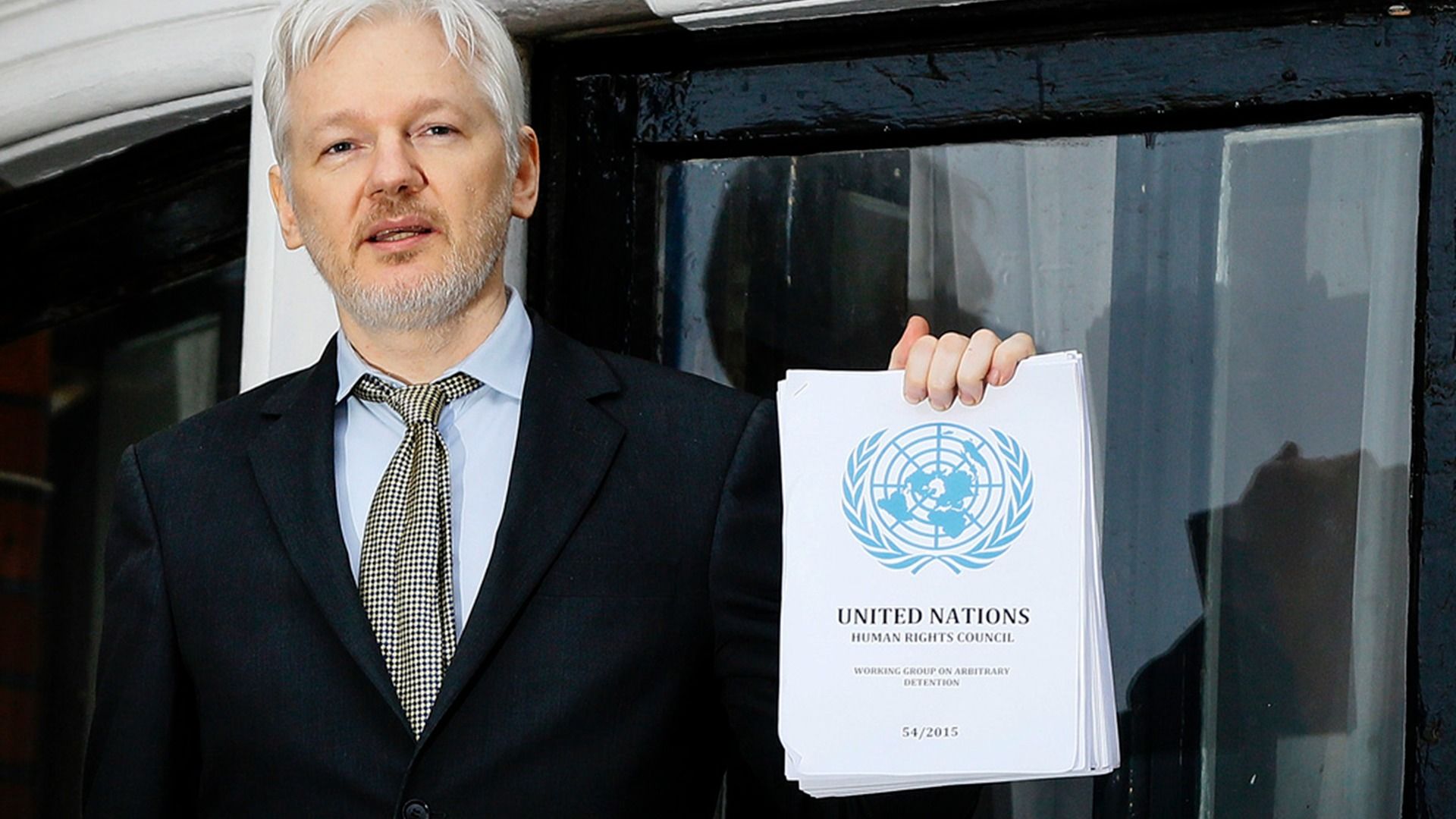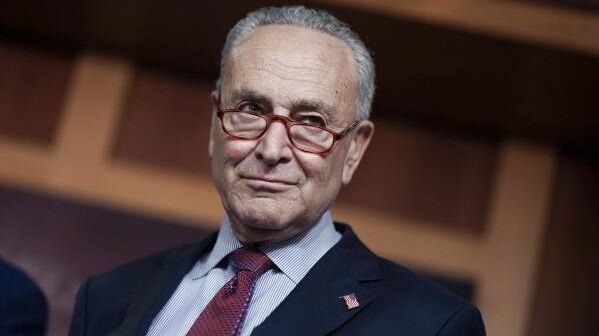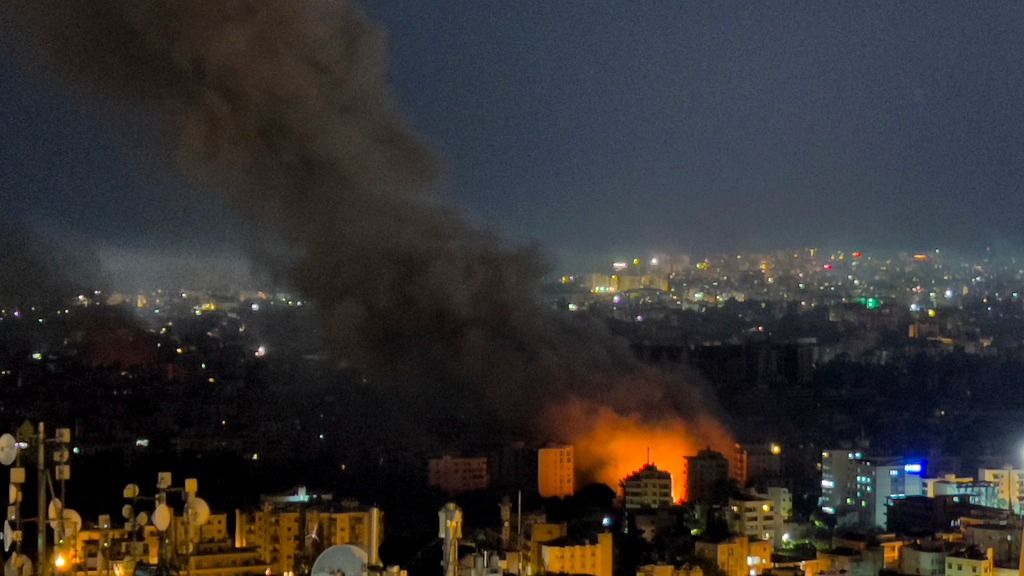New Delhi: An Australian editor and publisher, Julian Assange is best known for having founded the anti-secrecy website WikiLeaks, which gained massive attention — and notoriety — for the 2010 release of almost half a million documents relating to the U.S. wars in Iraq and Afghanistan.
His activism made him a cause célèbre among press freedom advocates who said his work in exposing U.S. military misconduct in foreign countries made his activities indistinguishable from what traditional journalists are expected to do as part of their jobs.
But those same actions put him in the crosshairs of American prosecutors, who released an indictment in 2019 that accused Assange — holed up at the time in the Ecuadorian Embassy in London — of conspiring with an Army private to illegally obtain and publish sensitive government records.
“Julian Assange is no journalist,” John Demers, the then-top Justice Department national security official, said at the time. “No responsible actor, journalist or otherwise, would purposely publish the names of individuals he or she knew to be confidential human sources in war zones, exposing them to the gravest of dangers.”
The WikiLeaks founder has reportedly consented to plead guilty to a felony charge connected to his alleged involvement in one of the largest breaches of classified US government material.
This agreement, if approved by a federal judge, would see Assange receiving a 62-month sentence, which matches the duration he has already served in London’s high-security Belmarsh prison while contesting extradition to the US. The plea deal includes crediting his time served, potentially allowing Assange to immediately return to his native Australia.
Assange’s release from Belmarsh was confirmed by WikiLeaks, who announced on Tuesday that he had been granted bail by the High Court in London and subsequently departed from Stansted airport. A video posted by the organisation showed Assange boarding a plane after leaving the UK.
“WikiLeaks published groundbreaking stories of government corruption and human rights abuses, holding the powerful accountable for their actions. As editor-in-chief, Julian paid severely for these principles, and for the people’s right to know,” WikiLeaks said.
This decision marked a significant victory for Assange after years of legal battles aimed at avoiding prosecution in the United States for the charges levelled against him.
Assange’s case has drawn international attention and sparked debates over freedom of the press, government transparency, and the legal implications of publishing classified information. His journey from the Ecuadorian embassy in London, where he sought asylum for seven years, to incarceration in Belmarsh, and now potentially to a plea deal and return to Australia, has been closely followed by supporters, critics, and legal experts alike.
(With Agency Inputs)
Who is Julian Assange? world-news World News | Latest International Global World News | Todays Breaking News Headlines




